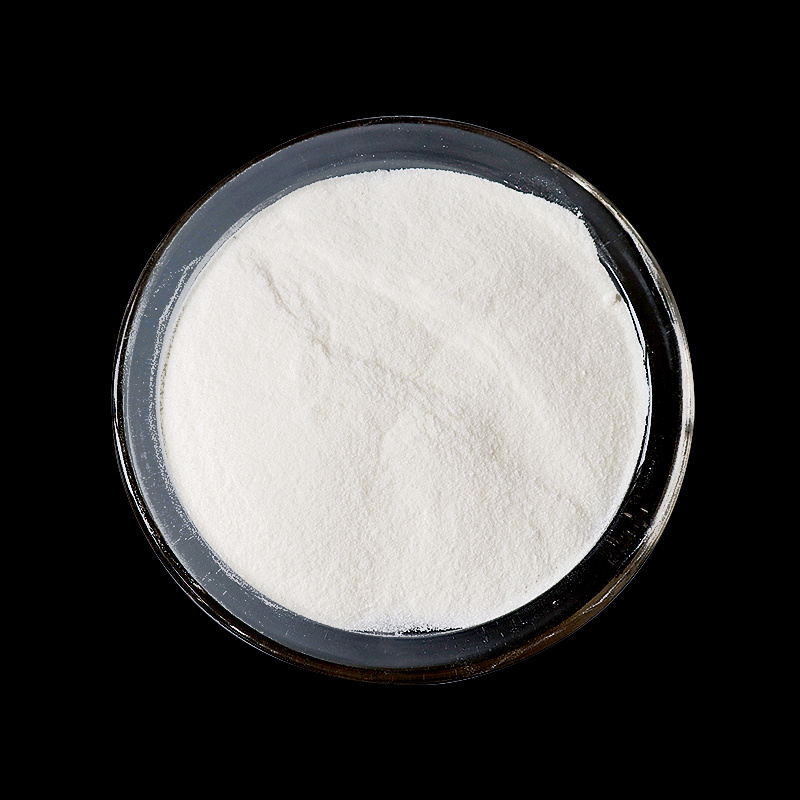Sodium Bisulphite White Crystalline Powder For Food Industrial
Technical Index
| Property | Unit | Test method |
| Contnt(SO2) | % | 64-67 |
| Intolerant mass fraction | %, ≤ | 0.03 |
| Chloride(Cl) | %, ≤ | 0.05 |
| Fe | %, ≤ | 0.0002 |
| Pb | %, ≤ | 0.001 |
| Ph | 4.0-5.0 |
Usage:
First, Sodium bisulphite is commonly used in the textile industry, especially in the bleaching of cotton. It effectively removes impurities, stains and even color from fabrics and organic matter, ensuring a clean and bright finish. In addition, this compound is also widely used as a reducing agent in industries such as dyestuffs, papermaking, tanning, and chemical synthesis. Its ability to facilitate chemical reactions by reducing the oxidation state of substances makes it a valuable asset in many manufacturing processes.
Recognizing the pharmaceutical industry’s reliance on Sodium bisulphite as an intermediate compound is critical. It plays a key role in the production of essential medicines such as metamizole and aminopyrine. With their pharmaceutical-grade quality, these medicines are ensured to be safe and effective, thereby contributing to the well-being of millions of people.
In addition, Sodium bisulphite also has a place in the food industry. Its food-grade variant is useful as a bleaching agent, preservative and antioxidant, effectively improving the quality and shelf life of a variety of food products. These applications benefit the food industry by ensuring food safety and extending product life.
Another important use of Sodium bisulphite is its ability to treat chromium-containing wastewater. It is an effective agent for reducing and neutralizing hexavalent chromium, a highly toxic and carcinogenic compound. Additionally, it is used as an electroplating additive, helping to achieve superior coating quality while reducing environmental impact.
In conclusion, Sodium bisulphite has emerged as a multifunctional compound with remarkable utility in various industries. Its applications range from cotton bleaching in the textile industry to intermediates that play a key role in the production of pharmaceuticals. Furthermore, its food-grade variant helps in food preservation and enhancement, while its role in wastewater treatment and electroplating demonstrates its value as an environmentally friendly solution. Consider incorporating Sodium bisulphite into your process and experience its significant benefits for yourse.
Professional technical engineer dedicated to guide you
According to your actual needs, choose the most reasonable overall design and planning procedures
